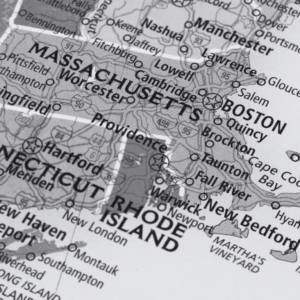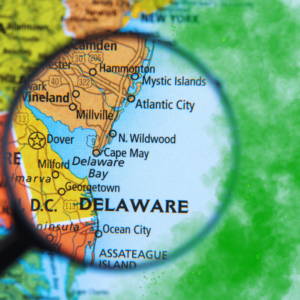California’s Weed Industry Faces a 7-Year-Old ‘Monstrous Problem’

California’s Emerald Triangle Cannabis Region Struggles for Survival
The Emerald Triangle, a historic cannabis-growing region encompassing Humboldt, Mendocino, and Trinity counties in Northern California, is grappling with the devastating aftermath of cannabis legalization. Once a thriving hub for small family-run pot farms, the region now faces economic ruin, with many farms shuttered and rural towns struggling to stay alive.
Promises of Protection for Small Farms
In 2015, Gavin Newsom, then California’s lieutenant governor, visited Humboldt County to advocate for cannabis legalization. He acknowledged the concerns of local farmers, who feared competition from large corporations.
Speaking to a crowded theater in Garberville, Newsom vowed to protect small farms from being edged out by big money interests. His assurances, coupled with his charismatic demeanor, won over many skeptical farmers, who hoped legalization would secure their livelihoods.
A Decimated Industry
Nearly a decade later, the Emerald Triangle tells a different story. Legalization has failed to deliver on promises to protect small cannabis farmers. Instead, thousands of multi-generational farms have closed, leaving rural communities in economic disrepair.
The impacts are visible across the region:
Boarded-Up Businesses: Once-vibrant towns now face declining populations and shuttered storefronts.
Loss of Legacy Farms: Families who cultivated cannabis for decades have been pushed out by overwhelming regulatory costs and market challenges.
The Role of State Policies
Farmers attribute much of their plight to decisions made by the California state government during the legalization process. Policies that were expected to support small-scale growers often had the opposite effect.
Key Issues Highlighted by Farmers
Massive Farm Licenses: In 2016, the state allowed large-scale farms, giving corporate cannabis operations an outsized advantage.
High Regulatory Costs: Licensing fees, taxes, and compliance requirements have created significant barriers for small farms.
Limited Market Access: Recent vetoes of bills that would expand small farms’ ability to sell their products have compounded the challenges.
Newsom’s Involvement and Farmer Frustration
Governor Newsom has been a focal point of criticism among cannabis farmers, though few place all the blame on him. His involvement in state politics during pivotal moments in the legalization process, along with his administration’s actions, has left many feeling betrayed.
State Support Efforts
Newsom’s office points to several initiatives designed to assist small farms:
Grants: $40 million in financial support for small cannabis farmers.
Cultivation Tax Elimination: A move to reduce financial burdens.
License Assistance: Efforts to streamline licensing in regions like Mendocino.
Despite these measures, the situation remains dire, and some in the industry question whether the state ever truly intended to protect the Emerald Triangle’s small farms.
The Rise of Big Cannabis
Corporate cannabis has flourished under California’s legalization framework. With greater resources to navigate regulatory complexities and economies of scale, large-scale operations have outcompeted smaller farms.
Challenges for Small Farms
Market Oversaturation: An influx of corporate cannabis has driven down wholesale prices, making it difficult for small farms to turn a profit.
Black Market Resurgence: High taxes and regulatory burdens have driven some consumers back to unregulated markets, further squeezing legal operators.
A Legacy at Risk
The Emerald Triangle has long been celebrated as the heart of California’s cannabis culture. Generations of farmers honed their craft in this region, producing some of the highest-quality cannabis in the world.
Now, that legacy is under threat:
Economic Decline: Towns in the Emerald Triangle are struggling with unemployment and declining revenues as farms close.
Cultural Loss: The small-scale, family-run ethos that defined the region is being replaced by large, corporate operations.
Calls for Change
Farmers and advocates are urging the state to reevaluate its cannabis policies to ensure the survival of small-scale growers. Proposals include:
Market Access Reforms: Expanding direct-to-consumer sales opportunities for small farms.
Regulatory Relief: Reducing licensing fees and streamlining compliance processes.
Fair Competition: Implementing measures to prevent corporate monopolies in the cannabis industry.
Looking Ahead
The challenges facing the Emerald Triangle underscore the broader struggles of California’s cannabis industry. Legalization was meant to provide stability and opportunity, but for many small farmers, it has done the opposite.
Whether the Emerald Triangle can reclaim its position as the heart of California’s cannabis culture will depend on meaningful policy changes and a renewed commitment to supporting small farms. Without these efforts, the region’s rich history and economic vitality may become a thing of the past.
Stay informed about the latest cannabis industry developments with Cannabis Risk Manager.











